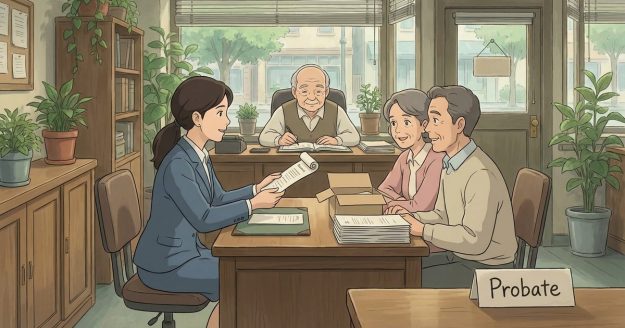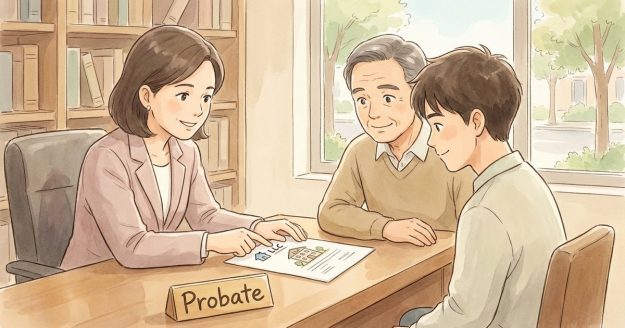Can the estate’s creditors or the IRS try to reach assets that passed outside probate, like property that was supposed to transfer under the divorce agreement? nc
Can the estate’s creditors or the IRS try to reach assets that passed outside probate, like property that was supposed to transfer under the divorce agreement? – North Carolina Short Answer Yes—sometimes. In North Carolina, certain “nonprobate” assets (like payable-on-death accounts, transfer-on-death securities, and some survivorship accounts) can still be reached to pay valid debts…











